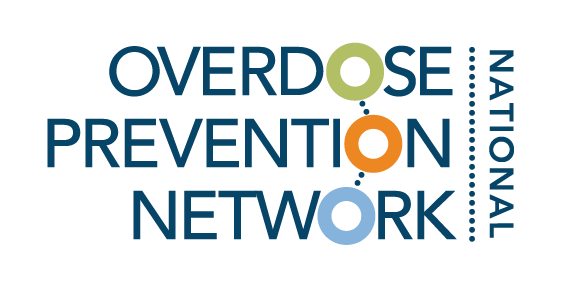
Overdose Prevention 101 Guide
How to get started with overdose prevention work in your community.
Communication Strategies
You need more than an “elevator speech” when preparing to engage new partners in your work. Effective messaging helps others understand what your coalition or organization is, what it is you are doing to prevent overdose, and most importantly, how they can support your efforts. An effective communication strategy includes identifying your target audience, crafting a persuasive narrative that meets your goals, and using outreach tools to get the word out.
Related resources
Crafting a Narrative
People struggling with SUD are one of the most vulnerable populations. Utilizing powerful communication strategies can help focus the attention on persuasive narratives to addressing the overdose crisis locally and reduce the stigma that might circulate in your community.
By simultaneously humanizing this crisis and offering solutions, you can engage audiences who might otherwise ignore this reality or not see their role in helping address this challenge.
Related resources
Crafting a Persuasive Narrative: Knowing your audience and messaging appropriately (video)
Crafting a Persuasive Narrative: Building Memorable and Actionable Story Arcs (video)
Colliding Crises: Using Persuasive Narratives to Tell the Story of Overdose Prevention (video)
Build Your Own Narrative (tool)
Addressing Stigma
While Americans’ awareness of opioid addiction has increased, a recent study showed that 44% of Americans believe opioid addiction indicates a lack of willpower or discipline, and a third regard it as a character defect or the result of bad parenting.
Helping communities understand that substance use disorder is a disease and not a moral failing or sign of bad character can help increase support for overdose prevention strategies like naloxone, as well as increase access to addiction treatment. Many experts see the need to reduce stigma as a key element to making progress in the overall fight against opioid addiction. Former Surgeon General Vivek Murthy spoke out against doctors’ reluctance to prescribe buprenorphine and other drugs approved to treat opioid use disorder. In a public letter Murthy stated: “We can shape how the rest of the country sees addiction by talking about and treating it as a chronic illness, not a moral failing.”
Related resources
Reducing Addiction Stigma (fact sheet)
Ending Addiction Stigma and Stigma Strategy (website and resources)
Stigma Reduction (website)
Real Stories from Real People: Overcoming Addiction (video campaign)
Language Matters
Words to avoid
Addict, alcoholic
Drug problem
Drug habit
Drug abuse
Drug abuser
Clean/dirty
Former/reformed addict/alcoholic
Opioid replacement/methadone maintenance
Words to use
Person with a substance use disorder
Person with alcohol use disorder
Drug misuse
Abstinent/not currently using
Actively using
Medication-assisted treatment
Medication for assisted recovery

